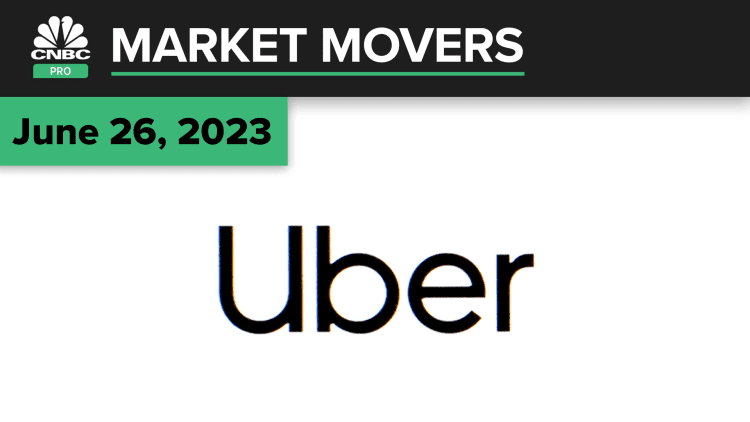
The Nasdaq Composite slumped on Monday as investors sold shares of technology companies that have outperformed this year and the final trading week of the first half commenced.
The Nasdaq shed 1.16% to settle at 13,335.78, while the S&P 500 lost 0.45% to close at 4,328.82. The Dow Jones Industrial Average dipped 12.72 points, or 0.04%, to end at 33,714.71.
A pullback in technology giants contributed heavily to the Nasdaq's sharp decline. Nvidia, Alphabet and Meta Platforms lost more than 3% each. Tesla sank 6% as Goldman Sachs downgraded the electric car maker, citing pricing headwinds.
"The market is in digestion mode," said Adam Sarhan, CEO of 50 Park Investments. "We've had a very big run this year, led primarily by the big cap tech stocks and the Nasdaq 100."
A pullback looks healthy after a significant rally as long as equities refrain from the "waterfall" selling seen last year, Sarhan said.
Technology stocks have rebounded this year after a difficult 2022 as investors bet on the promise of artificial intelligence and hope for an end to the Federal Reserve's hiking campaign. Rotation back into popular growth names has lifted the Nasdaq 27.4%, putting it on pace for its best first half since 1983.
Other segments of the market are also on track for a banner first half even after the market rally stalled last week, and major averages snapped multiweek win streaks. The S&P 500 has gained 12.7%, while the Dow is up about 1.7%.
The final week of June is a relatively light one for economics reports, highlighted by the personal consumption expenditures index for May out Friday. Corporate earnings reports are on deck from Walgreens Boots Alliance on Tuesday and Nike on Thursday.
Traders are monitoring the situation in Russia following a brief rebellion by a private military group over the weekend. Uncertainty about the situation there could keep the markets on edge.


